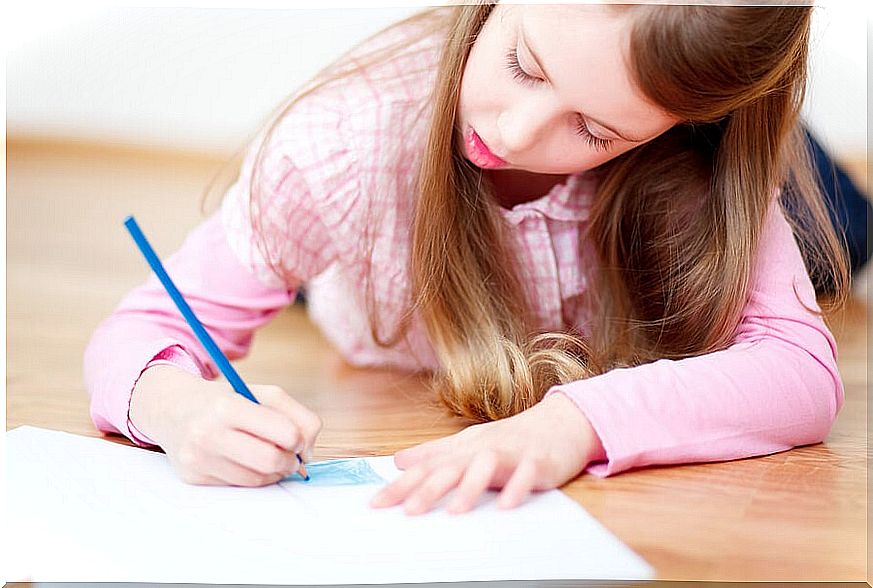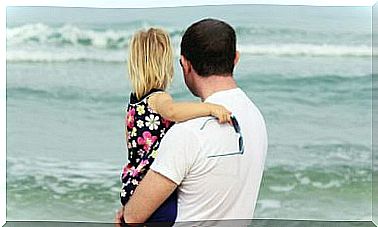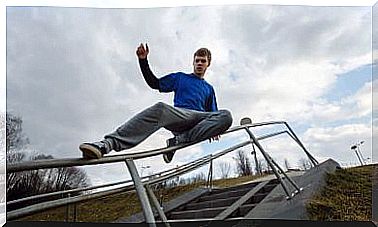What Is Outdoor Education?
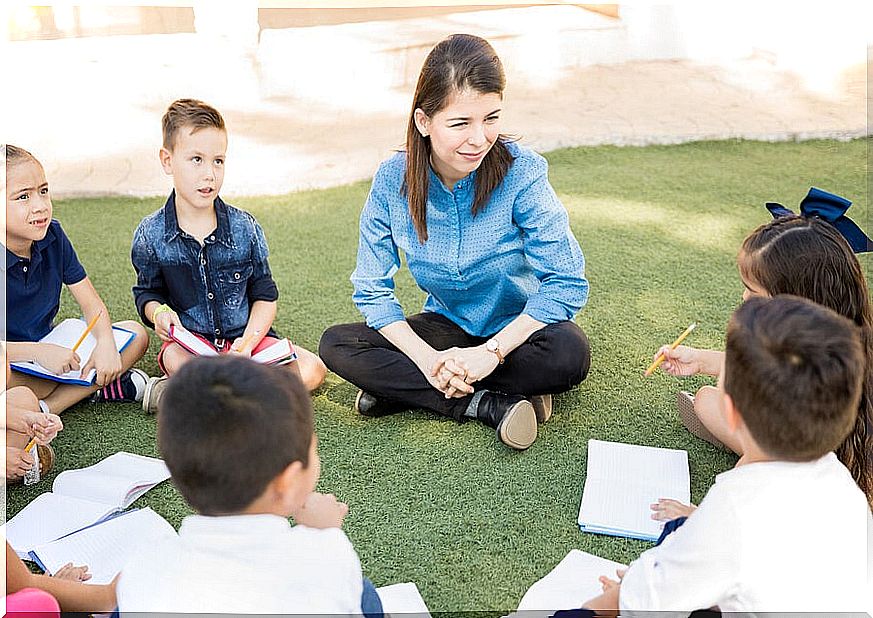
The generations are changing, there is no doubt about that. Today, children are bored with what is known as ‘conventional’ teaching. That is why many schools and parents are conducting what is known as outdoor education. Would you like to know what it is about? Then keep reading this article.
What is outdoor education
Until a few years ago, the only way to learn – it was believed – was in a confined space, where children could pay attention and focus on the blackboard in front of their eyes. However, all that has changed and, while the classroom continues to be maintained, more and more schools are opting for an outdoor education.
Basically, it is a concept in which nature and caring for the environment are a very important part of teaching. In addition, this type of education allows children to be more creative, to breathe fresh air and to practice sports almost without realizing it.
Children’s education in the open air can be carried out in a park, in the schoolyard, in an orchard, on the beach, in the field, in the forest, in the mountains … wherever you want.
This model may sound something new in certain countries, but the truth is that in nations such as Germany, Norway, Finland and Sweden it already has quite a presence, both in private and public initiatives.
Purpose of outdoor education
The main objective of this method is for children to be in full contact with nature from a young age, even if they live in a big city.
This relationship with the environment allows a better physical and mental development of infants, who are stimulated by what they see around them without affecting their “traditional” learning; that is, the one related to subjects such as mathematics, literature, history, etc.
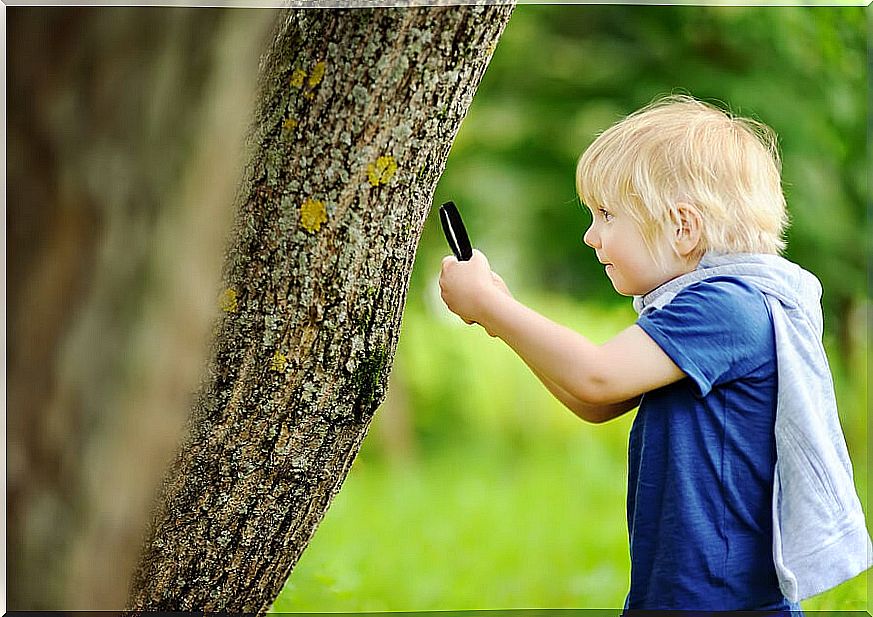
Outdoor education does not leave conventional subjects aside, but other issues prevail, such as creativity, self-esteem, autonomy, entrepreneurial spirit, teamwork, self-confidence, respect and protection of natural resources.
How to experience outdoor education
It is a reality that children who live in big cities have a “deficit” in terms of contact with nature. This makes them little addicts to technology and screens and significantly reduces the relationship they have with others their own age.
For this reason, outdoor education is an excellent way to allow them to be in contact with the environment and, mainly, to offer them larger spaces where they can interact than a living room or their room.
Some children go to summer camps on the outskirts of their town and come back completely changed — for the better. While this complements education, it is not enough. When we are little, we need more space to move around as we like ; This is achieved in those schools that promote outdoor education.
How are the classes in these schools?
The premise of these institutions is that “nature is the classroom” and they try to ensure that most of the school day is outdoors. They can take the opportunity to build a vegetable garden, have lunch in the shade of a large tree, analyze insects, do bird watching, learn about agriculture and livestock and exercise on the lawn.
Likewise, there are also classrooms with roofs and walls where other activities are carried out or sheltered on days of very cold or hot weather, rain or snow.

If you want to take your children to a school that offers outdoor education but are not sure if it is suitable for them, you simply have to visit an establishment that follows that trend.
Classes are made up of small groups of children – no more than 25 – of different ages. There, they are learning different subjects totally linked to each other. This means that there is no math class, biology class or literature class, but they learn as a whole, combining the concepts.
Of course, there is also free time to play, go on excursions, learn languages, music, arts and everything that children need to develop their intellect. In short, they are very complete alternatives and with growing popularity around the world.
